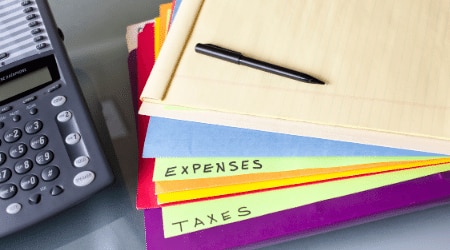Understanding Business Tax
Getting a new business off the ground is an exciting and stressful time. You’re looking forward to getting your new product or service into the market, but also need to see to the administrative processes to get it off the ground legally. An important element of this is tax.
Paying tax correctly and on time is a necessary part of running any business. But many entrepreneurs have questions about how and when to file. In this guide, we cover the basics and take a look at some of the types of tax small businesses may need to pay.
Also Read: Tax Tips for Small Businesses: A Guide






